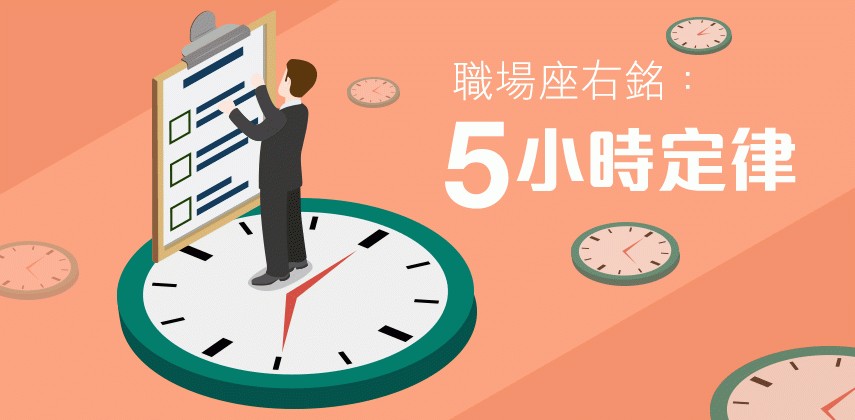Your most important and valuable resource is time because time is the only thing you cannot replace or create more of. In 2015, Tower Paddle Boards owner Stephan Aarstol made the most of this truth and reduced the company’s operating hours down to five per day, astonishingly without decreasing productivity.
What? How could this work?
Dan Ariely, a behavioural economist at Duke University, found that people actually have very few hours in the day when they function at peak performance, not the full eight hours of work that we have been adhering to for over a century. Incidentally, the most productive hours for most people are the 2-3 hours after they have been awake for two hours. Savvy people harness these hours and fill them with the most crucial and necessary tasks (which do not not include scrolling through Facebook and Twitter). While technology has exponentially increased our ability to be productive, it has simultaneously increased our options for distraction. Aside from our two hours of peak focus in the morning, much of the rest of the day gets wasted.
According to Parkinson’s Law, work expands to fill the time available for its completion. This means that given eight hours to get three tasks done, and it will take eight hours to get those tasks done. We mentally increase the complexity and steps required to complete a task when we have the room or time to do so. Or we allow ourselves to get distracted because we can. Given five hours to complete these same three tasks, people will figure out creative ways to reach their goals while also increasing their focused attention time. Basics of this approach helped Aarstol uncover some fantastic benefits of a five-hour work day.
Employees feel positive and empowered about managing their day. Staff are focused and energised because the day is shorter and they get to spend their afternoon pursuing their own interests. That would put you in a positive and motivated mood, wouldn’t it? Staff at Tower Paddle check their email less often throughout the day, avoid social media accounts, and minimise idle chat around the office. Imagine a workday where meetings are purposeful and brief, discussions are intentional and goal-oriented, and every day feels like a Friday. Productivity increases in such environments.
Employees learned how to increase their own efficiency. Tower Paddle employees were encouraged to read The 4-Hour Workweek by Tim Ferriss to gain a new perspective and learn specific tips to work smarter rather than harder. Ferris cites the Pareto Principle, an economic theory stating that 20% of the total effort leads to 80% of the outcome. For example, on a sales team, 20% of the members would bring in 80% of the revenue. Zoom in on what 20% of your efforts are most crucial to your desired results (probably not email or meetings), and you can discover exactly where to shift priorities and eliminate inefficiencies.
Employees are happier and healthier. The Tower Paddle staff leave at 1:00pm each afternoon to spend time with loved ones, play sports, revive old hobbies or passions, and generally lead more balanced lives. Cramming work into five hours actually reduced employee stress and freed up time for positive pursuits outside of work, leading to better life satisfaction. Productivity at work increases when stress and distracting thoughts about the rest of life decrease.
Aarstol was worried at first that he would lose sales when customers saw the reduced operational hours. But Tower Paddle gets just as many calls as before the switch, only now calls come in a more concentrated window of time. Turns out that customers also figured out how to prioritise their task list! Reflect on your current operations and you might discover that those long hours are not yielding as much benefit as you once thought.


